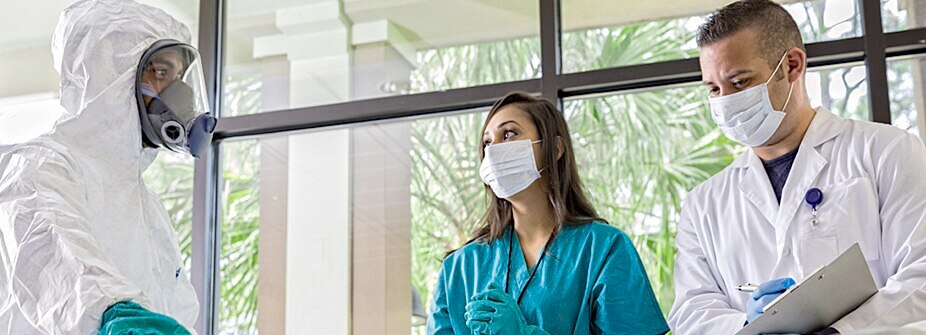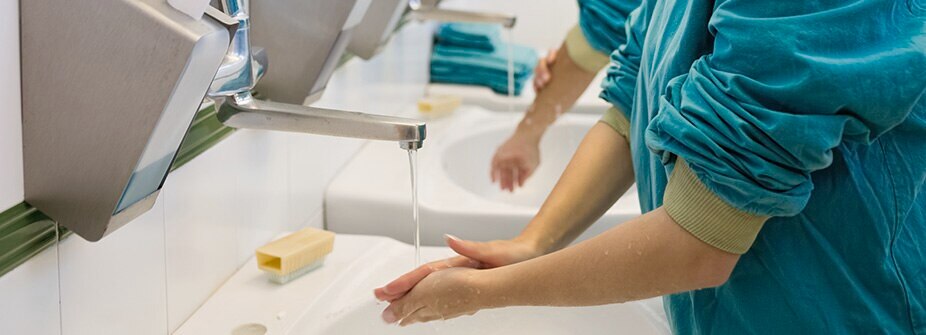An outbreak of Ebola Virus Disease (EVD) that first started in Guinea has spread at such an unprecedented rate that it has been declared an epidemic in West Africa, gripping the world with fear. This is the largest and most severe Ebola outbreak in history and has killed over 1,000 people, prompting the World Health Organization (WHO) to declare it a worldwide public health concern
Here’s what you need to know about EVD and how practising proper hygiene habits can help in this global outbreak.
Formerly known as Ebola haemorrhagic fever, EVD is severe and often fatal to humans, with a whopping death rate of up to 90%. EVD outbreaks occur primarily in remote villages in Central and West Africa, near tropical rainforests. The virus is transmitted to people from wild animals and fruit bats of the Pteropodidae family are considered to be the natural host of the Ebola virus.
EVD has prompted global concerns due to its fatality and the lack of a confirmed vaccine to cure the disease. While there is no confirmed cure now, the United States Food and Drug Administration (USFDA) has recently approved the Liberia government’s request for the use of the experimental drug, Zmapp, a mix of specially engineered antibodies designed to target and inactivate the Ebola virus.
The virus spreads through human-to-human transmission and infection occurs from touching bodily fluids of a person who is sick with, or has died from EVD, or from exposure to contaminated objects. Therefore, the most important thing is to avoid contact with the blood or bodily fluids of an infected patient. Unlike respiratory infections like influenza and tuberculosis, Ebola is not airborne. Neither can you get EVD through sharing food and water.
During this outbreak, those at higher risk of infection include health workers, family members in close contact with infected people and mourners who have direct contact with the bodies of the deceased as part of burial ceremonies.
Symptoms of EVD include fever, headache, joint and muscle aches, weakness, diarrhoea, vomiting, stomach pain, lack of appetite, and abnormal bleeding. It may appear anywhere from 2 to 21 days after exposure to Ebola virus, though 8-10 days is the most common. Severely ill patients require intensive supportive care and patients with suspected or confirmed EVD should be isolated and separated from other patients.
The role of good hygiene
One of the possible reasons EVD has spread so rapidly in West Africa is due to the insufficient level of healthcare. The best way to reduce the possibility of contracting the disease is to avoid trips to affected areas. Practicing proper hygiene is also mandatory, especially if the slightest chance of being infected exists.
Good hygiene habits play an important role in this outbreak:
a) Hand hygiene: Washing hands with soap or an alcohol‐based hand rub is very important and should be performed at all times. This is in addition to essential measures such as wearing personal protective equipment (PPE) that will help protect against contact with infected individuals, thus minimising the risk of contracting EVD.
o Visitors and healthcare workers in the vicinity of infected individuals should use personal protective equipment.
o Hand hygiene should be performed specifically during the following occasions:




